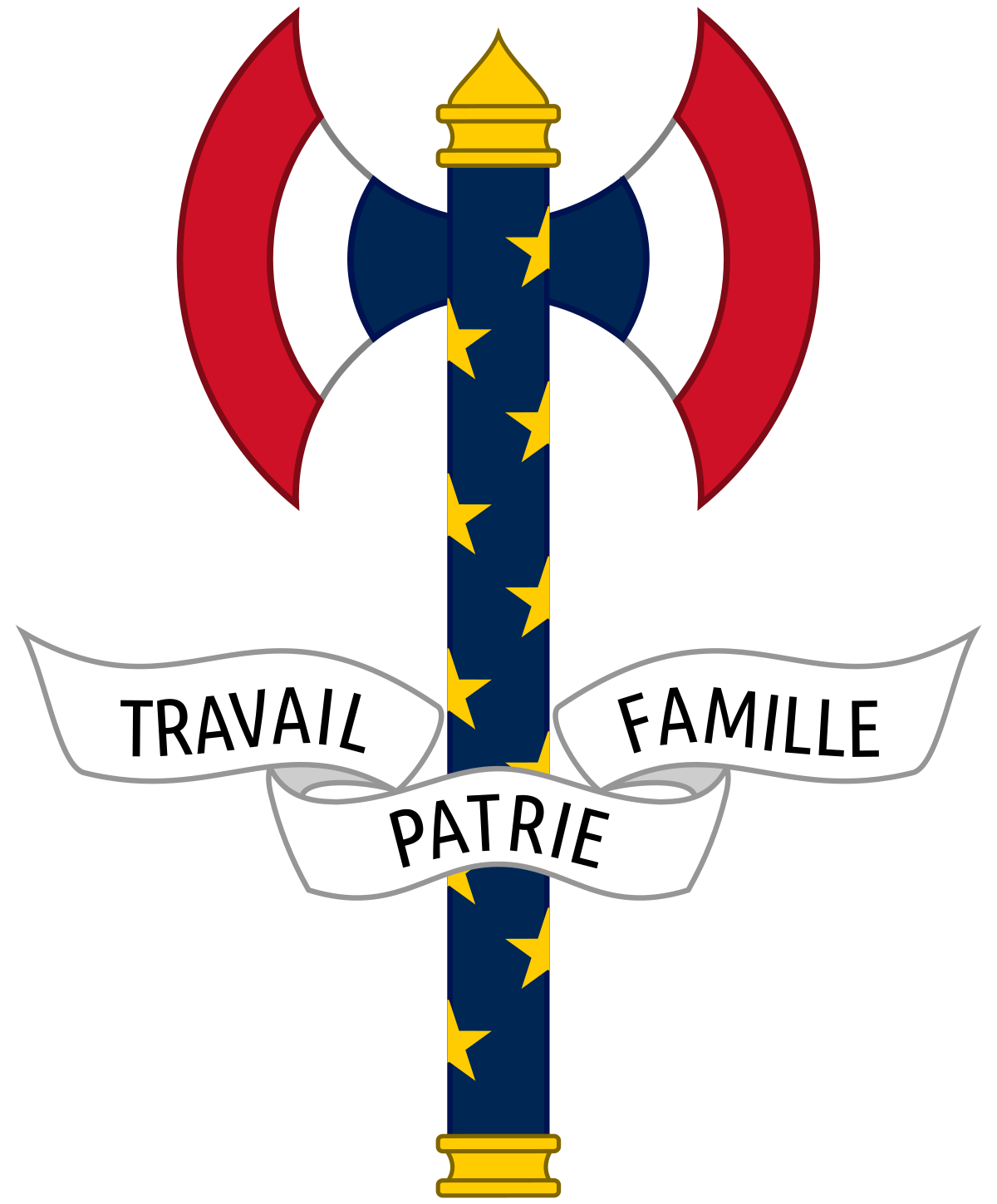hello
as a french guy i now a little about the topic, and i m happy to share some of the good work about it.
The best way to understand what happen is to read the book "the strange defeat " by Marc Bloch

fr.wikipedia.org
Everything is there well describe by sommeone in the middle of the combats
And another one a documentary this time is "les grandes batailles"
The part about french defeat the first of the list
In this doc you have the futur Maréchal Juin talking about what i saw in the HQ of the french army during the defeat
" EXTRACT (on a phone line) : the front has collapse, that s bad my friend "
Old generals were more interesting by the dessert than by follow army on a map. this particular extract is after 54.21. And everything is say there by Maréchal Juin (the one who take the pass around of Cassino

. The troops do there job but generals over 70 don t.
Sorry but it s all in french

